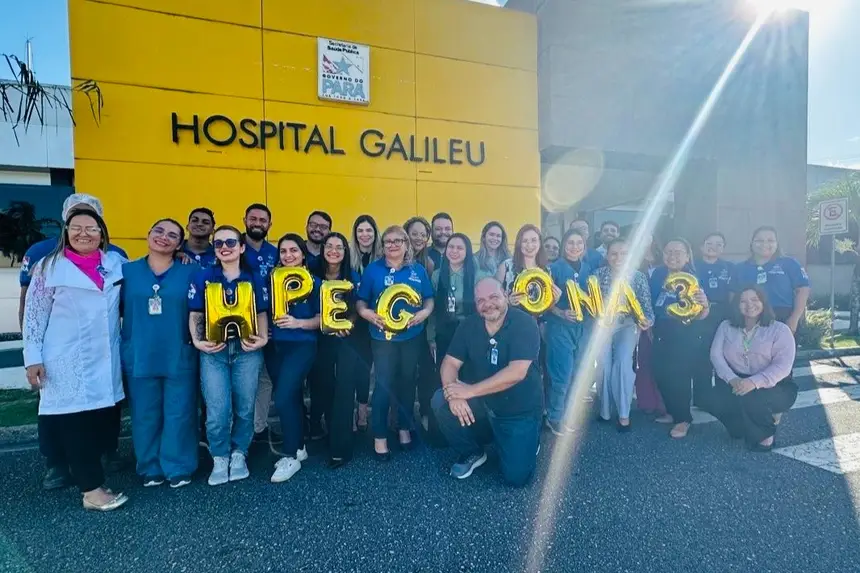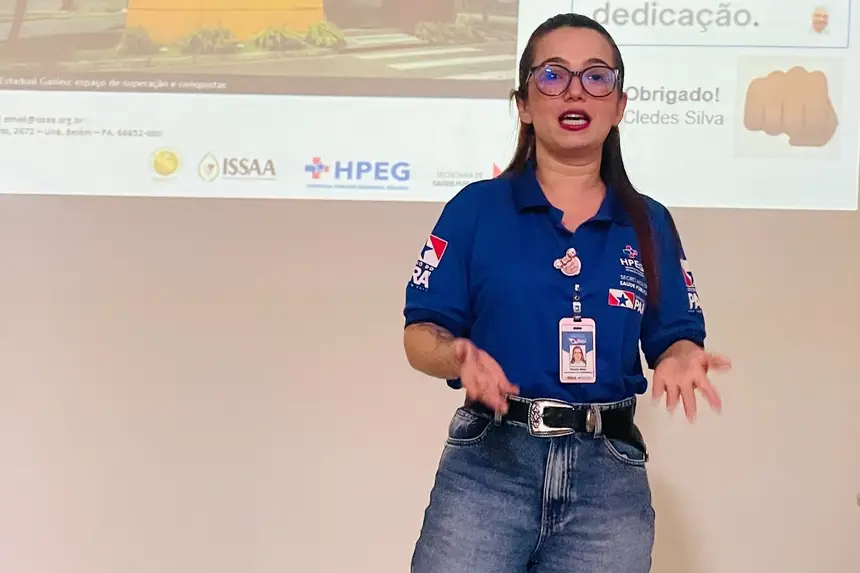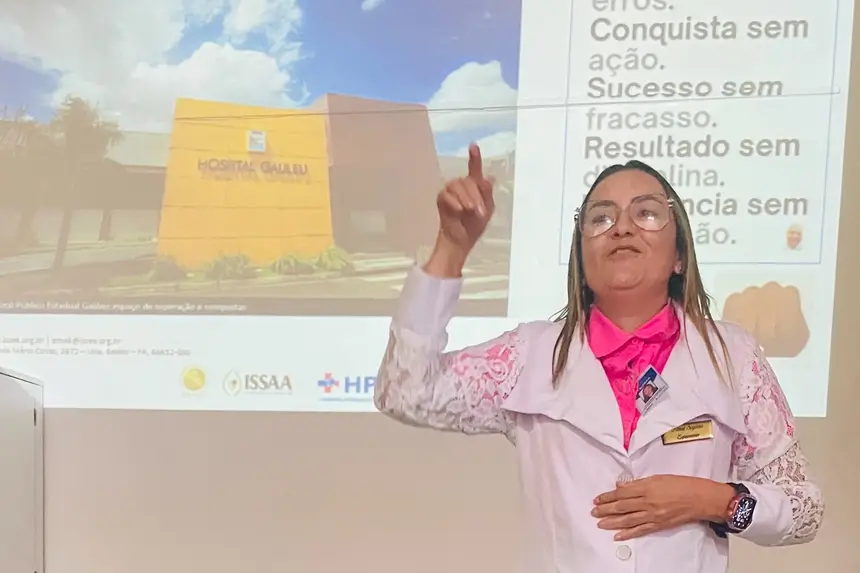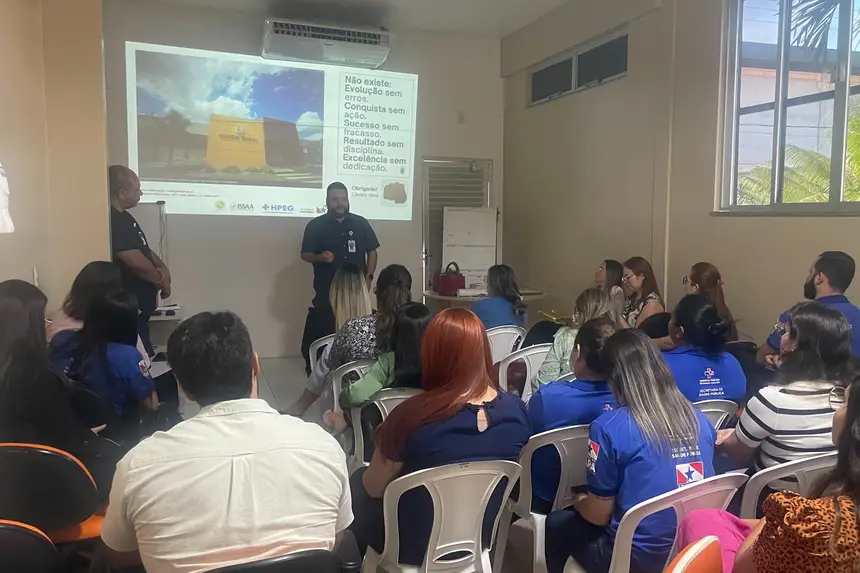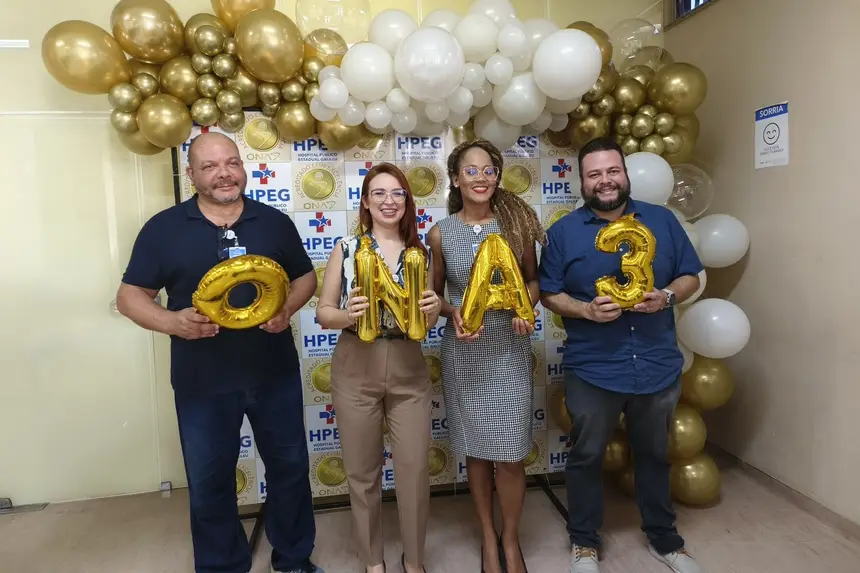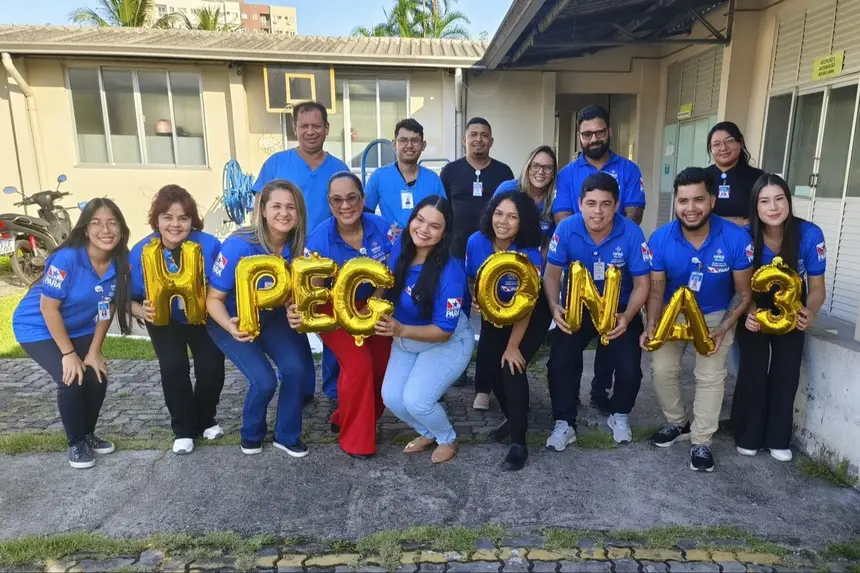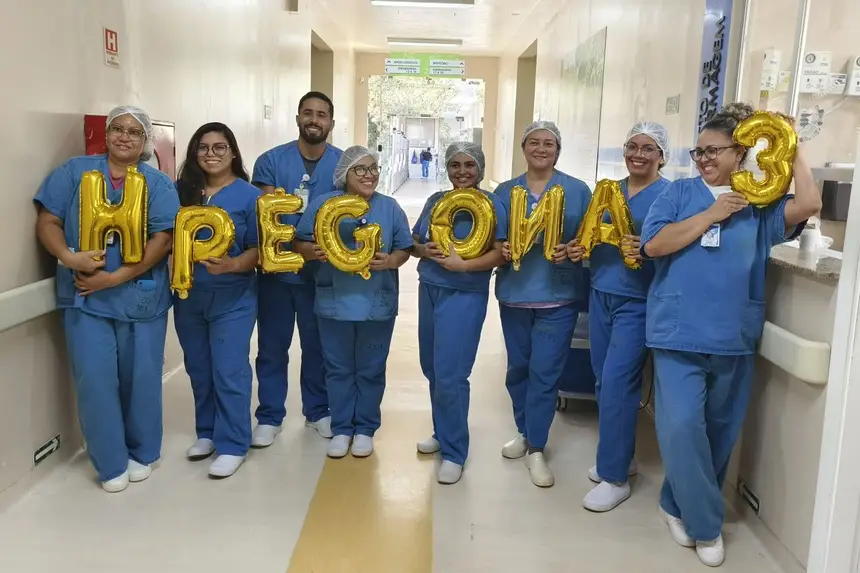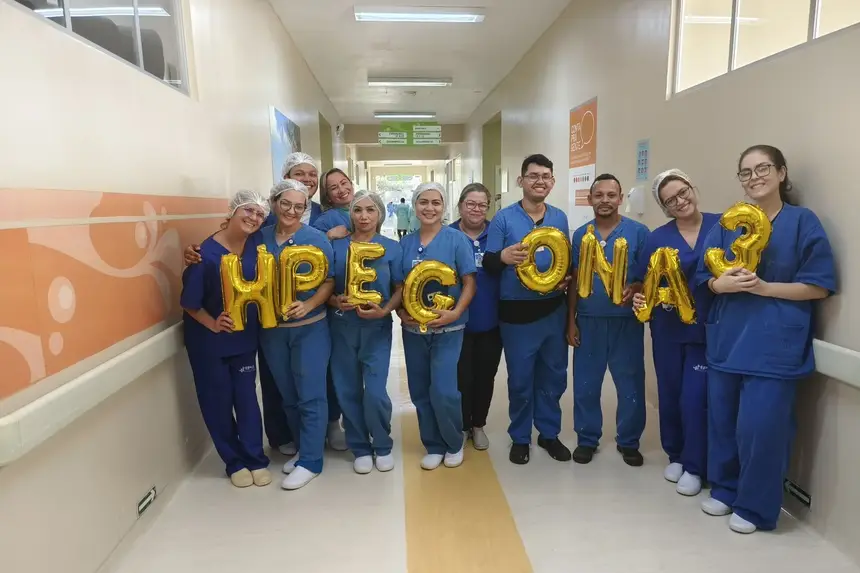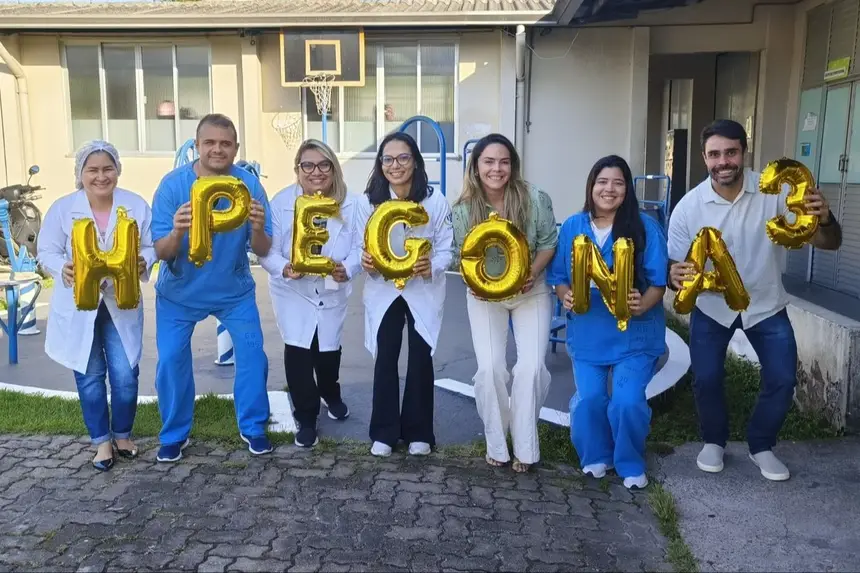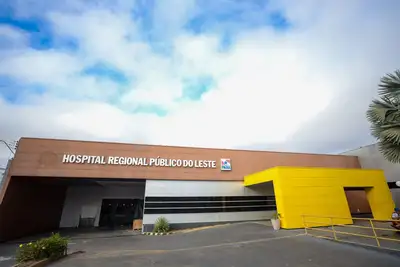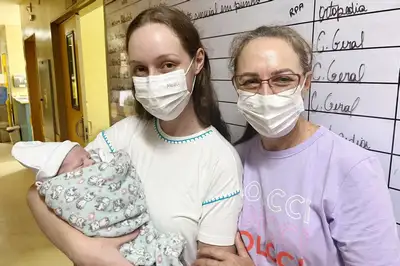Galileu Hospital celebrates five years of excellence in quality and safety in health care
With ONA Level III certification for half a decade, the unit reaffirms its commitment to the SUS and humanized care
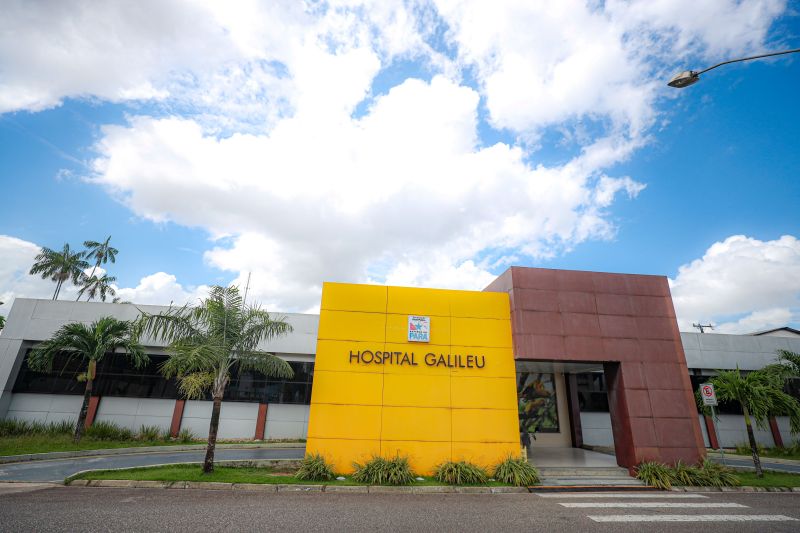
On this Tuesday (17), the Galileu State Public Hospital (HPEG), in Greater Belém, a unit of the Government of Pará managed by the Amazon Social and Environmental Health Institute (ISSAA), celebrated an achievement that reinforces the population's trust: for five consecutive years, the hospital has maintained the Level III Recertification – Accredited with Excellence, granted by the National Accreditation Organization (ONA). During the official ceremony, guests and collaborators participated in lectures and tributes to the professionals who contribute daily to this achievement.
The Level III certification represents the highest degree of excellence in quality and safety in hospital care in Brazil. For those seeking care at the unit, this translates into greater safety, efficiency, humanized reception, and care centered on the dignity of the patient.
“When a public hospital achieves this certification, it is telling the population: ‘you can trust us’. We are talking about technical quality, but also about empathy and commitment to a functioning SUS,” emphasizes Paula Narjara, Quality Manager at ISSAA.
Excellence in care
A reference in traumatology, Galileu Hospital ensures that each stage of care—from initial reception to hospital discharge—follows rigorous standards, focusing on safety, efficiency, and comprehensive health care.
“This achievement shows that it is possible to offer public health with excellence. We are an organized hospital that monitors indicators, invests in the team, and, above all, respects the patient,” states Cledes Silva, executive director of HPEG.
An example of the impact of this work is the experience of sales representative Frederico de Almeida, 44, who underwent a long treatment after being diagnosed with osteomyelitis. After more than three months of hospitalization, he received multiprofessional support, involving nutritionists, psychologists, and physiotherapy sessions. “The sessions are perfect. I had flaccidity and muscle weakness in my arms, but I already notice muscle gain with the strengthening exercises. I am very satisfied,” he shares.
For Paula Jaredde, the hospital's Care Manager, the certification directly impacts the lives of those who pass through the unit. “Our protocols follow best practices, and care is provided with technique and sensitivity,” she affirms.
During the event, Rodrigo Moreira, administrative director of ISSAA, reinforced that excellence also involves a commitment to an ethical and respectful environment for all workers. “Healthy and ethical environments generate results. This is reflected in certifications, but above all, in the quality of care provided to our patients,” he highlighted.
Commitment to the SUS
By maintaining the ONA Level III certification for five consecutive years, Galileu Hospital reaffirms its mission to provide quality public health in Pará, focusing on the patient and professional ethics.
“This achievement belongs to the team, the users, and the committed public management. The SUS works, and Galileu is proof of that. Here we care with excellence, responsibility, and respect,” emphasized the State Secretary of Health, Ivete Vaz.
Humanization at the center of care
In addition to technical excellence, the unit also stands out for its commitment to humanization. Initiatives such as the Riso Galileu, Sorriso Saudável, What Matters to You, Caring for Those Who Care, Clowning, and Cine Galileu projects are part of the institution's routine, promoting reception and well-being for patients and professionals.
“Excellence is not just about numbers and goals, but about how the patient feels. At Galileu, humanization is part of our way of caring. The patient is heard, respected, and treated as a priority,” concludes Anny Segóvia, Humanization Coordinator.
The ONA audit highlighted these actions as differentiators of the unit, which is now a national reference in quality in public health and a symbol of a successful SUS.
Text: Roberta Paraense


